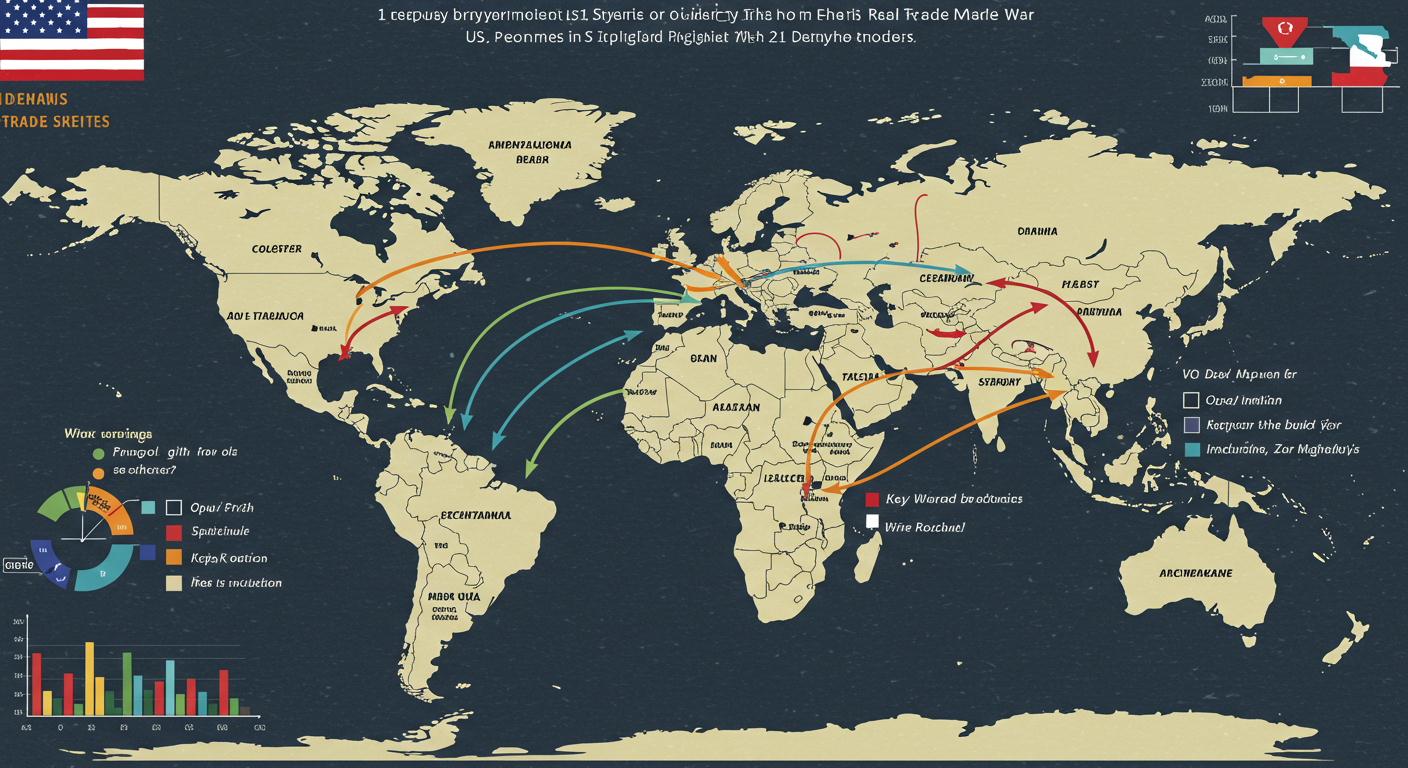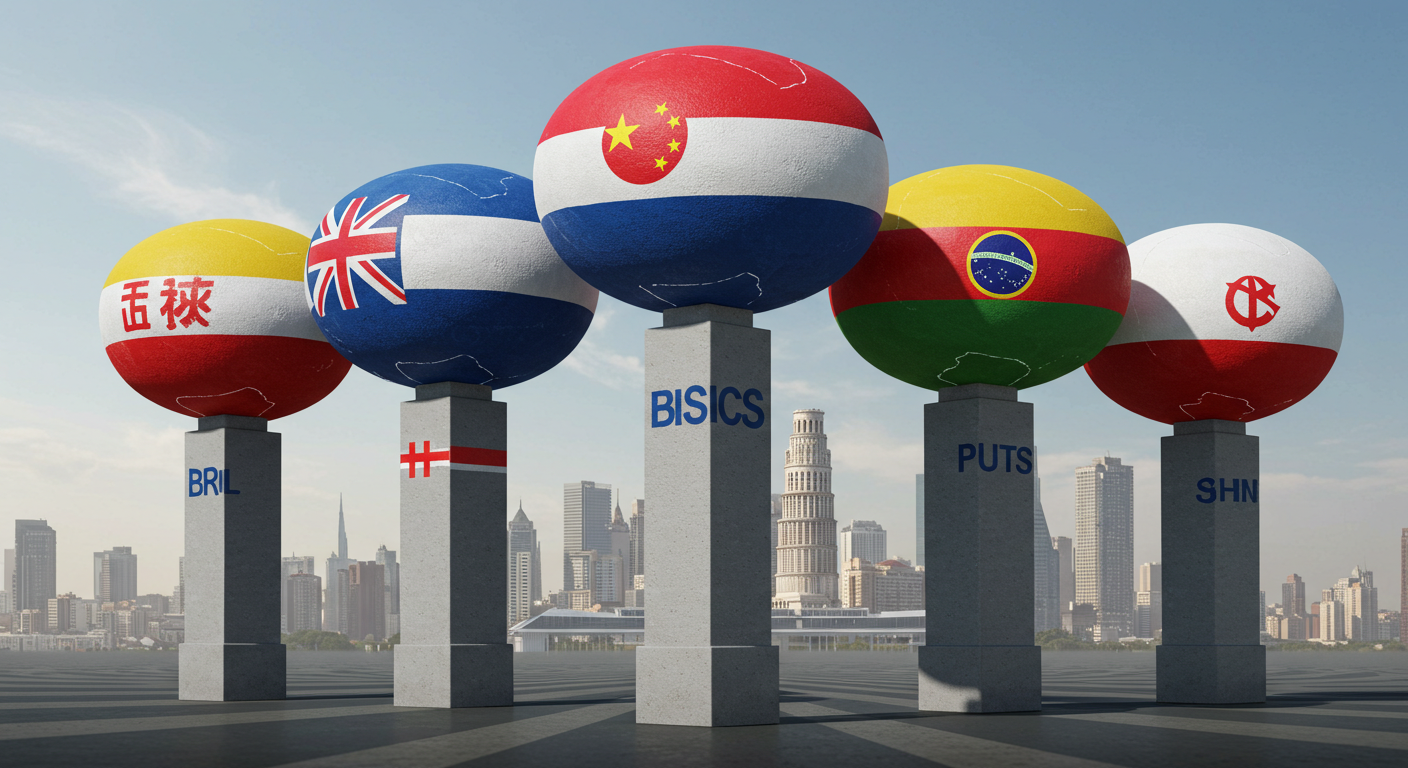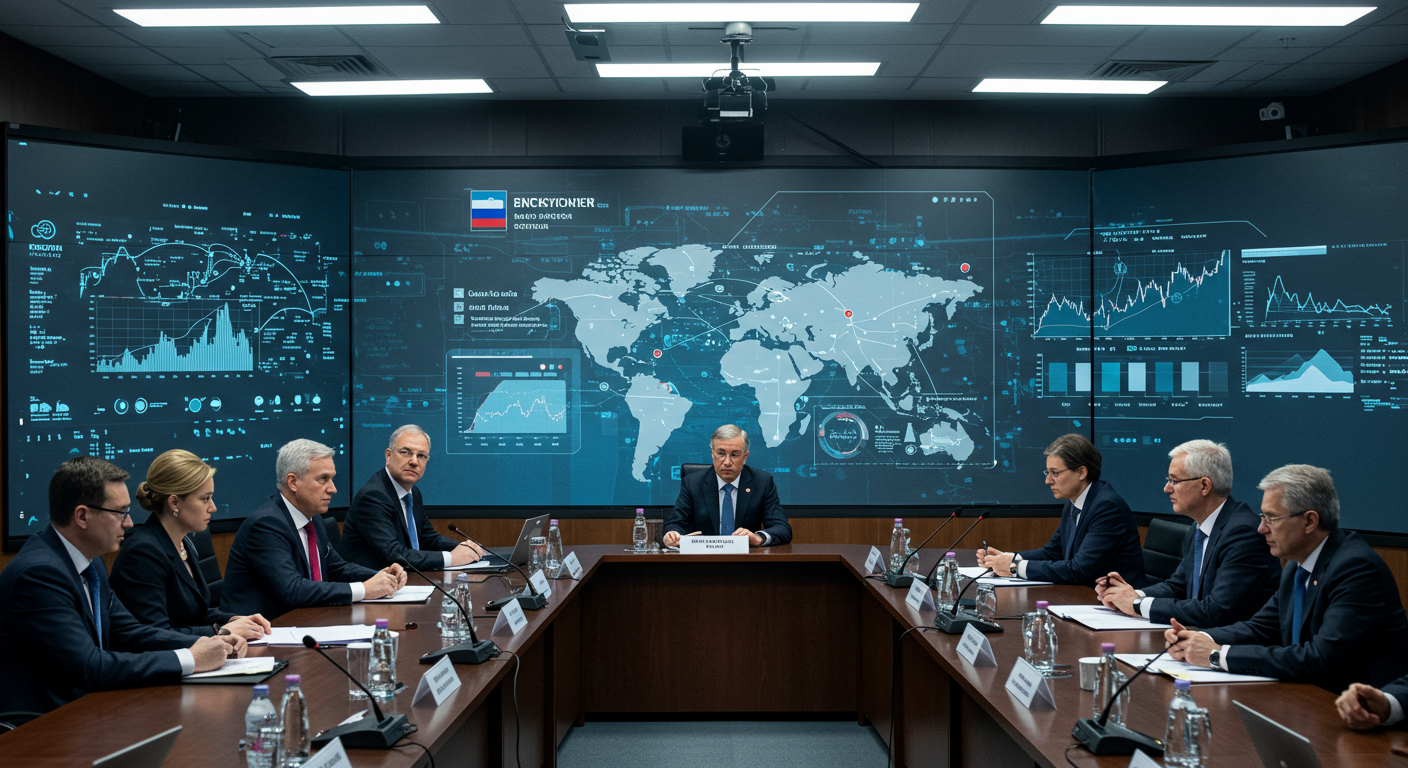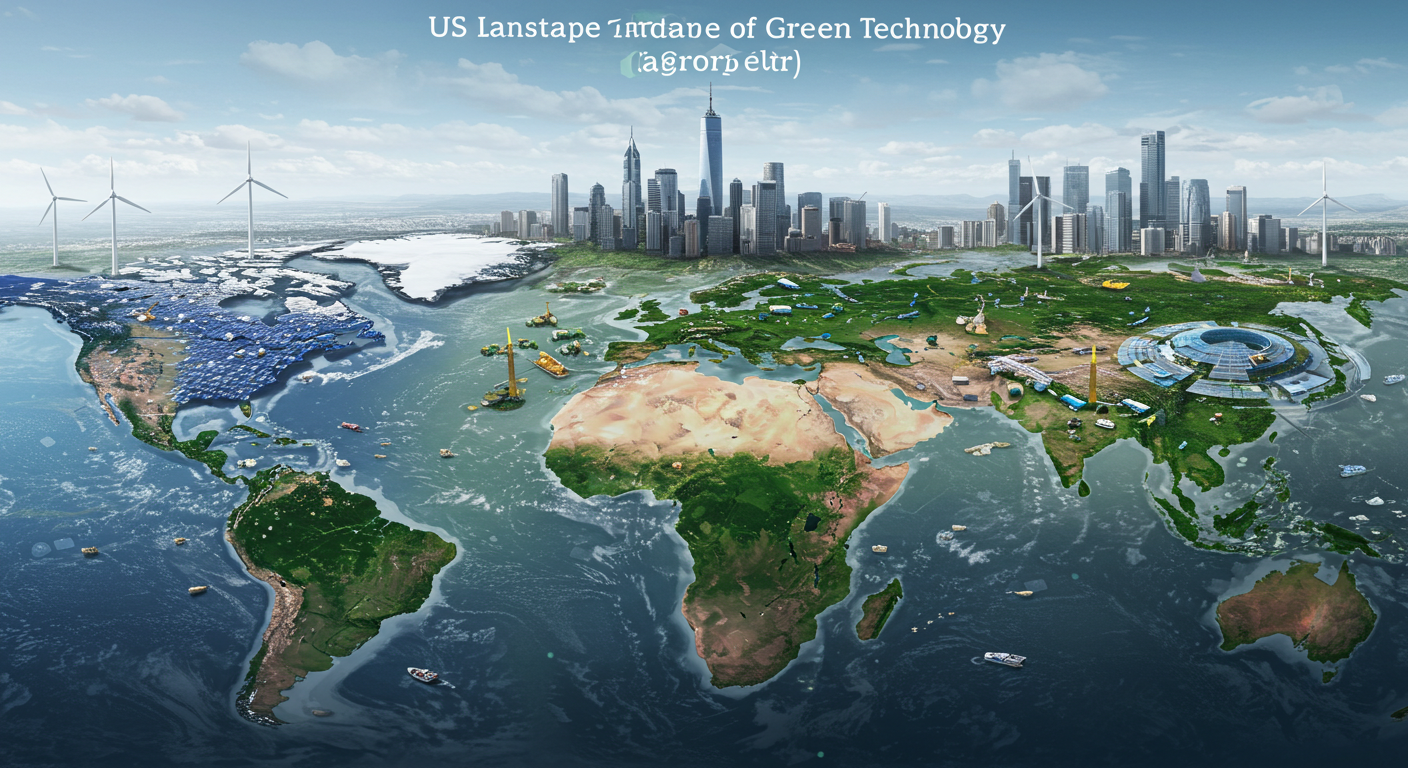Post-Brexit European Union: Economic Challenges and Political Restructuring
The departure of the United Kingdom from the European Union marked a pivotal moment in modern European history, ushering in a new era of economic and political restructuring for the EU. This transition is not merely a regional issue but a global one, affecting trade relations, economic stability, and political dynamics across the continent. As the EU navigates this post-Brexit landscape, understanding the economic challenges and political restructuring efforts becomes crucial for policymakers, businesses, and citizens alike.
Today, the importance of analyzing the Post-Brexit European Union cannot be overstated. The ripple effects of Brexit extend beyond the immediate economic impacts, influencing long-term strategies around trade, political alliances, and regulatory frameworks. In this article, we explore these aspects in depth, providing insights into the economic challenges faced by the EU, the political restructuring efforts underway, and the broader implications for Europe and the world.
Readers will gain a comprehensive understanding of how Brexit has reshaped the European Union’s economic landscape and political framework. From examining the intricacies of EU trade relations to understanding the broader political shifts, this article offers a detailed exploration of the Post-Brexit European Union.
Economic Challenges Facing the Post-Brexit European Union
The Post-Brexit European Union faces significant economic challenges, primarily stemming from disrupted trade relations and altered market dynamics. The immediate aftermath of Brexit saw a decline in trade volume between the EU and the UK, with both sides adjusting to new tariffs and regulatory barriers. According to Eurostat, the EU’s exports to the UK dropped by 13% in the first year post-Brexit, highlighting the tangible economic impact.
Additionally, the EU must address the internal economic disparities exacerbated by Brexit. Member states with strong economic ties to the UK, such as Ireland and the Netherlands, experience more pronounced economic disruptions. These disparities necessitate coordinated policy responses to ensure economic stability across the union. The European Commission has proposed various recovery funds and support mechanisms to aid affected regions and industries.
Moreover, the Post-Brexit European Union faces challenges related to global competitiveness, particularly in sectors like renewable energy. As the EU seeks to maintain its leadership in green technology, it must navigate the competitive pressures from the US and China. The future of renewable energy in these regions is pivotal, with the EU strategizing to enhance its investment and innovation capabilities.
Political Restructuring in the European Union
Brexit has prompted significant political restructuring within the European Union, as member states and institutions adjust to the new geopolitical landscape. One of the primary focuses has been on strengthening the cohesion of remaining member states. The EU has intensified efforts to reinforce unity, with initiatives aimed at fostering political cooperation and shared governance frameworks.
The European Union politics have also seen shifts in power dynamics, with countries like France and Germany taking more prominent leadership roles in guiding the EU’s future direction. This shift is evident in policy areas such as defense and security, where collaborative efforts have intensified post-Brexit. The EU aims to bolster its strategic autonomy, reducing reliance on external actors and enhancing its global influence.
Furthermore, the EU is exploring new political alliances and partnerships to compensate for the UK’s departure. Strengthening ties with non-EU countries, particularly in trade and diplomatic arenas, is a key strategy. These efforts are essential for maintaining the EU’s position as a global economic powerhouse and political entity.
Brexit Impact on Europe: Long-Term Implications
The Brexit impact on Europe extends beyond immediate economic and political challenges, influencing long-term strategic priorities and regional dynamics. One significant implication is the reevaluation of EU enlargement policies. With the UK’s exit, the EU is reexamining its approach to integrating new member states, balancing the desire for expansion with the need for stability and cohesion.
Another long-term implication is the shift in EU trade relations. The EU is actively pursuing new trade agreements to diversify its economic partnerships and reduce dependency on traditional markets. Recent agreements with countries like Japan and Canada exemplify this strategic pivot, aimed at strengthening global trade ties and ensuring economic resilience.
In the broader context, the Brexit saga has underscored the importance of adaptability and resilience in European Union politics. The EU’s ability to navigate these challenges will set a precedent for future crises and influence its global standing. As the EU continues to adapt and restructure, it remains a critical player in shaping the geopolitical landscape.
Transition to Video Content
For readers interested in exploring the complexities of the Post-Brexit European Union further, video content can offer additional insights. Expert interviews and panel discussions provide diverse perspectives on economic challenges and political restructuring efforts. Engaging with multimedia resources can enrich your understanding of this multifaceted topic, offering visual and auditory elements to complement the written analysis.
Frequently Asked Questions
What are the main economic challenges the EU faces after Brexit?
The main economic challenges include disrupted trade relations with the UK, internal economic disparities, and maintaining global competitiveness, particularly in renewable energy sectors. Addressing these challenges requires coordinated policy responses and strategic investments to bolster economic stability and growth.
How has Brexit affected EU trade relations?
Brexit has led to decreased trade volumes with the UK due to new tariffs and regulatory barriers. In response, the EU is diversifying its trade partnerships through new agreements with countries like Japan and Canada, aiming to reduce dependency on traditional markets and enhance economic resilience.
What political restructuring is occurring in the EU post-Brexit?
Political restructuring includes efforts to reinforce member state cohesion, shifts in power dynamics with increased roles for France and Germany, and forming new political alliances. These changes aim to strengthen the EU’s unity and strategic autonomy on the global stage.
What are the long-term implications of Brexit for the EU?
Long-term implications include reevaluating EU enlargement policies, shifting trade relations, and reinforcing adaptability and resilience in governance. These aspects will influence the EU’s strategic priorities and its role in global geopolitics, shaping future crises responses.
How is the EU addressing internal economic disparities post-Brexit?
The EU is addressing internal economic disparities through recovery funds and support mechanisms designed to aid regions and industries most affected by Brexit. These initiatives aim to ensure equitable economic growth and stability across all member states, fostering a more cohesive union.
Conclusion
In summary, the Post-Brexit European Union faces significant economic challenges and political restructuring efforts that will shape its future trajectory. From addressing disrupted trade relations and internal disparities to navigating new political dynamics, the EU is actively adapting to ensure stability and growth. These efforts reflect the EU’s commitment to maintaining its global influence and economic resilience.
As the EU continues to evolve in this post-Brexit era, stakeholders must remain vigilant and proactive in addressing these challenges. Policymakers should focus on fostering economic cooperation and political unity, while businesses and citizens must adapt to new realities and opportunities. The path forward requires collaboration, innovation, and strategic foresight.
For those interested in delving deeper into related topics, consider exploring the future of renewable energy in the US and China, the evolution of EU trade relations post-Brexit, and the broader implications of political restructuring within the European Union.






